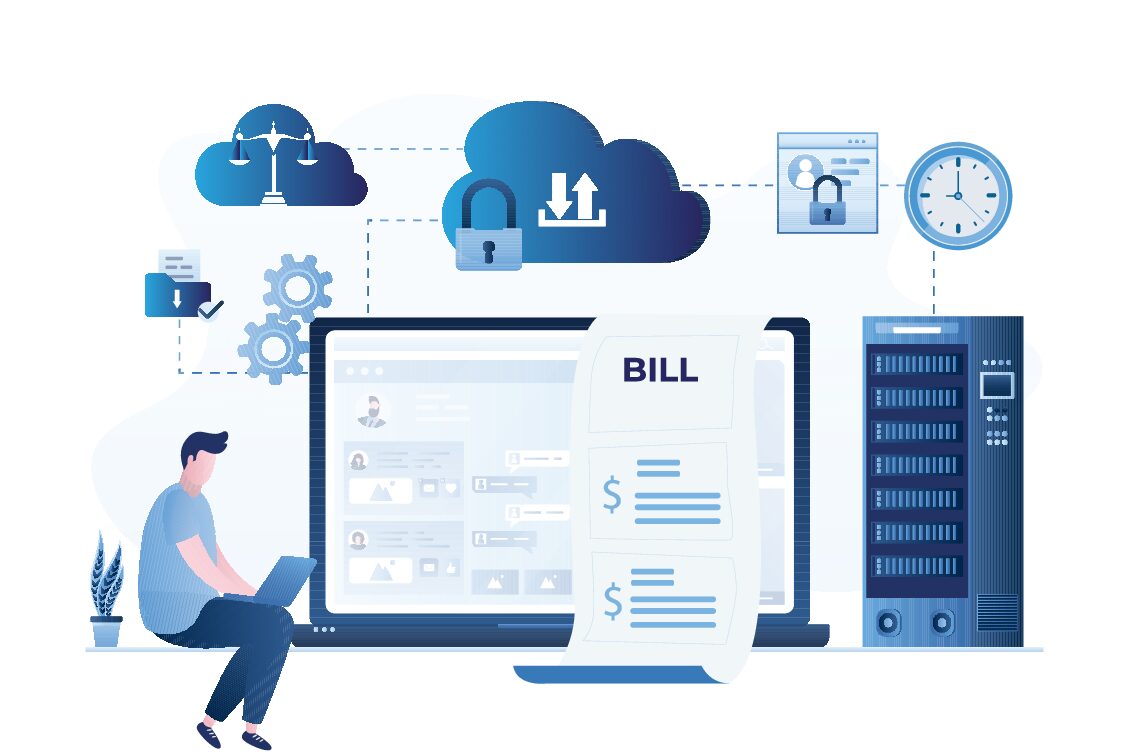Another year is in the books. I sincerely hope that 2016 was kind to your practice, with new business and increased profits. But even if you experienced more downs than ups, I have some good news to share. It’s time for a new year and a new year brings new opportunities for success. While it would be great if clients and money grew on trees, the reality is that the success of your practice largely depends on the seriousness of your efforts, and those efforts should start now.
Through a series of posts, I will give you tips on preparing your practice for financial success. We will talk about marketing, training, websites and financial planning. We will even dive into practice management and giving back to the community. All of this to help you get ready for the amazing things 2017 has to offer.
A Look Back
Well… there is no time like the present, so let’s get started. Before you consider where you’re going, it is imperative to consider where you’ve been. A look back over 2016 helps you identify your firm’s weaknesses, as well as its strengths. Armed with this valuable information, you can make informed decisions about what to change and what to maintain.
Law practices are multifaceted, with many areas contributing their overall success. Though we will address many of these ingredients through this series, today we are sticking with the finances and end-of-year accounting reports. If you’ve been keeping up with this task on a monthly basis, a yearly report should not reveal any surprises. But, if you are one of many lawyers who can’t find the time to review your accounts each month, this task may reveal some uncomfortable realities.
Accounting Reports
Lexis-Nexis provides attorneys with a year end guide to closing the books. In the Step-by-Step Guide to a Smoother End-of-Year, CPA Deborah Schaefer walks law firm leaders through the process of closing out the calendar year. Below are some of the valuable tips she provides:
- Get assistance from an accountant – Even if you handle your accounting duties in-house, an independent accountant review is well worth the investment, especially if a potentially significant problem is discovered.
- Gather 1099 information – Law practices use a variety of vendors and contractors throughout the year. Each payment to these individuals is a potential tax write-off. Some common 1099 recipients include:
- Investigators
- Process servers
- Expert witnesses
- Court reporters
- Certain clients receiving case settlements
If you obtained the necessary 1099 information at the onset of the business relationship, preparing the 1099s should not prove difficult. However, if you do not have the required info, you will need to contact each of these individuals and provide them with 1099s by the last day of January.
- Reconcile bank accounts – Review each of the firm’s banking accounts to ensure that the balances accurately reflect your accounting records. If you discover inconsistencies, conduct an internal audit of your records to identify and correct the problem.
End of the year accounting is not an easy task, but it is necessary to obtain an accurate view of your firm’s financial well-being before moving into the new year. Happy accounting!
About Erika Winston:
Erika Winston is a Virginia based writer with a passion for all things legal. As a former domestic relations attorney, she understands the challenge of determining the best fee structure for your practice. Erika is a regular contributor to TimeSolv and a variety of other publications.


















